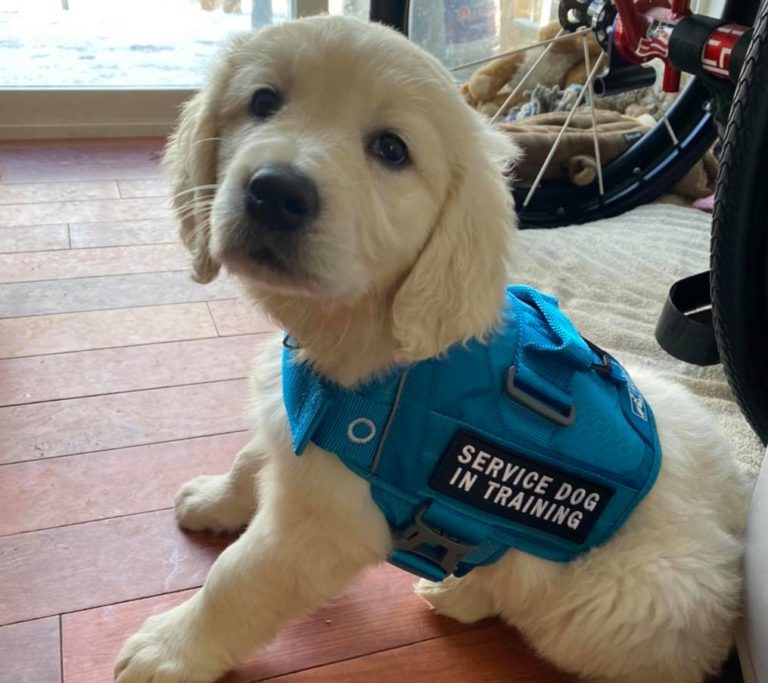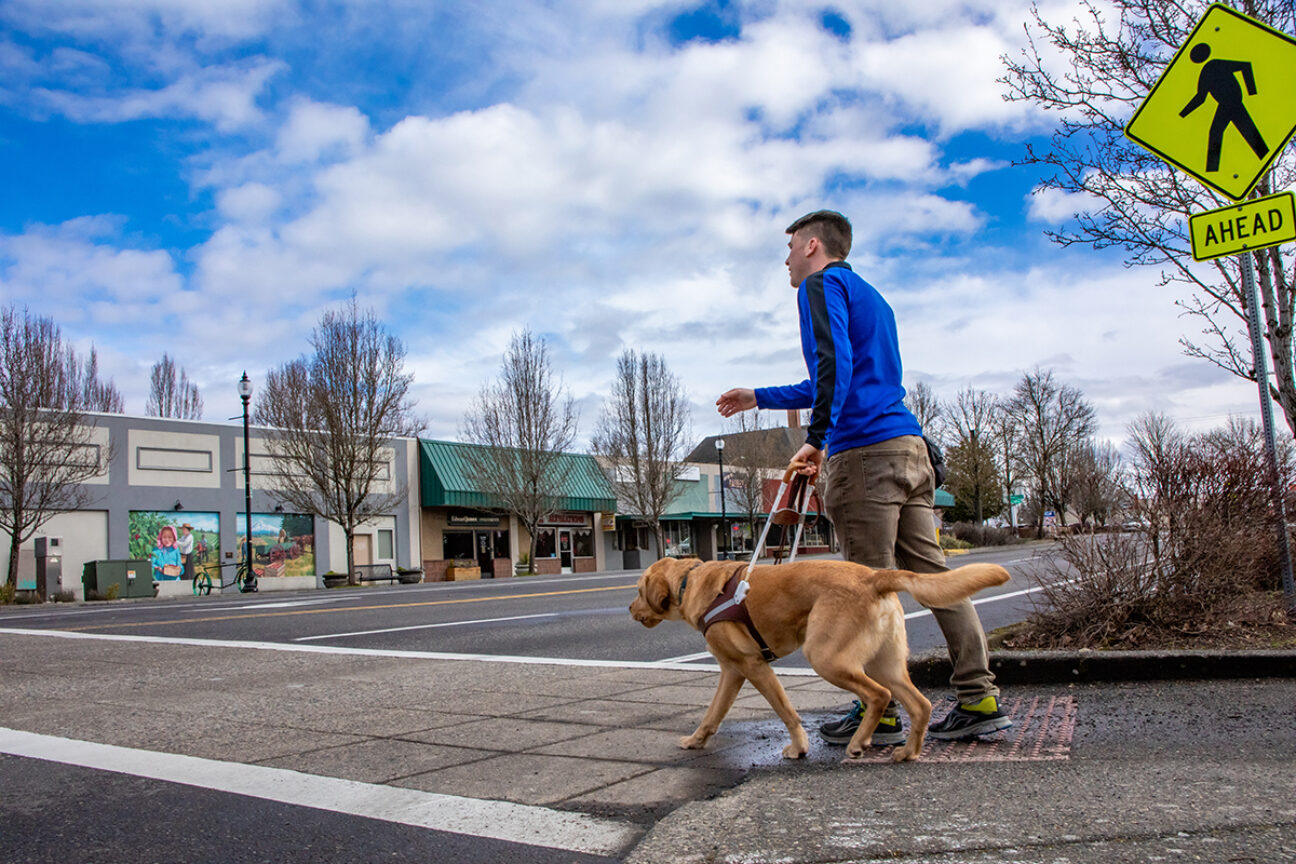The Ultimate Overview to Dog Training Charlotte: Techniques for Success
Vital Canine Training Tips for a Well-Behaved and Confident Animal
Effective dog training is a basic facet of promoting a well-behaved and certain pet dog. Developing a consistent regimen, utilizing positive support methods, and prioritizing very early socialization are crucial elements that add to a pet dog's general habits and temperament. In addition, mastering basic commands and promptly resolving any type of behavior problems can significantly boost the bond between you and your canine friend. The subtleties of these training techniques might not be immediately evident, leading many family pet proprietors to overlook important parts that can make all the difference in their pet dog's growth. What might these important ideas require?
Establish a Consistent Routine
Establishing a consistent routine is important for reliable pet training. A well-structured timetable gives pets with a complacency and predictability, which can substantially improve their discovering procedure. By establishing details times for training sessions, feeding, walks, and play, you create a structure within which your pet can grow.

Additionally, a regular aids in attending to behavior issues. When a pet knows when and where to anticipate various tasks, it lowers stress and anxiety and promotes a tranquil disposition. Routine workout and psychological stimulation ought to likewise be consisted of in the regular, as they are important for a pet's wellness.
Usage Positive Support
Favorable reinforcement is an essential element of effective pet dog training, fostering a strong bond between the fitness instructor and the pet while encouraging preferred habits. This training approach entails gratifying your pet dog with deals with, praise, or playtime promptly after they execute a desired action, such as coming or resting when called. The basic concept is that behaviors followed by positive end results are most likely to be duplicated.
To apply favorable reinforcement efficiently, timing is important. Benefits need to be offered promptly to help your canine make the connection between the habits and the benefit. Uniformity likewise plays a vital duty; use the same commands and rewards to enhance understanding. As an example, if you compensate your pet dog for sitting, ensure you use the same verbal cue each time.
Furthermore, differ the benefits to maintain your canine involved. Ultimately, positive support promotes a happy training experience, resulting in a well-behaved canine and a more powerful connection in between the pet and proprietor.

Mingle Your Canine Early
A pet dog's capacity to adjust to different settings and situations frequently pivots on very early socializing. This crucial developmental phase normally takes place in between 3 and fourteen weeks old, throughout which pups are particularly receptive to new experiences. By subjecting your pet to varied people, pets, seems, and atmospheres throughout this time, you can help foster a positive and well-adjusted adult.
Socialization assists prevent behavioral issues such as worry, aggression, and too much barking. When a dog is accustomed to different stimuli, it is much less most likely to respond negatively out of worry or uncertainty. Involving with various other dogs in regulated setups, such as young puppy classes or playdates, can additionally show important interaction abilities and appropriate play actions.
Furthermore, presenting your canine to numerous environments-- like parks, active streets, and pet-friendly shops-- can enhance its comfort and flexibility in new circumstances. Constantly guarantee that these experiences are satisfying and safe, and monitor your pet's responses to guide more interactions.
Instruct Fundamental Commands
Structure on the foundation of early socialization, training fundamental commands is a vital aspect of pet dog training that improves interaction in between you and your pet. Basic commands such as "sit," "stay," "come," and "down" not only advertise excellent actions yet also ensure your dog's safety in different circumstances.
To successfully educate these commands, start in a silent setting without disturbances. Usage favorable support methods, such as treats or praise, to award your canine quickly after they execute the wanted actions. Uniformity is vital; repeat regulates in a clear, solid voice and method on a regular basis to go to these guys enhance understanding.
Beginning with straightforward commands, progressively raising intricacy as your pet dog ends up being much more skilled. For instance, when your dog reliably rests, you can introduce the "stay" command. Be person and permit your pet dog time to react and comprehend. Short, regular training sessions are extra efficient than long, laborious ones.
Address Behavioral Issues Without Delay
Attending to behavioral concerns quickly is essential for keeping a harmonious partnership with your canine. Postponing intervention can cause the reinforcement of unwanted behaviors, making them extra difficult to correct gradually. Whether your dog shows aggression, extreme barking, or splitting up stress and anxiety, it is crucial to determine the origin cause of these actions and address them quickly.
First, observe the context in which the behavior happens. Recognizing triggers will enable you to establish a reliable training plan. Consistency is vital; ensure that all relative reply to the behavior consistently to stay clear of confusing your canine. Use favorable support techniques, awarding your pet dog for wanted actions while redirecting unwanted ones.
In some situations, expert assistance might be essential. A qualified pet instructor or behaviorist can offer tailored techniques to deal with particular problems. Keep in mind that persistence and determination are crucial, as therapy typically needs time.
Eventually, by attending to behavior problems quickly, you foster a positive setting that motivates your dog to thrive. This proactive strategy not just enhances your canine's behavior yet additionally enhances the bond between you and your pet.
Verdict
In verdict, carrying out a constant routine, making use of favorable reinforcement, and prioritizing very early socialization are fundamental in developing a mannerly and positive pet dog (Dog training). Educating fundamental commands with focused sessions cultivates efficient communication in between owner and pet, while without delay attending to behavioral problems prevents the rise of troubles. Together, these strategies produce a harmonious atmosphere that enhances the bond in between dogs and their proprietors, ultimately causing a happier, much healthier canine companion
Establishing a regular routine, using positive reinforcement more info here strategies, and prioritizing very early socialization are essential components that contribute to a pet dog's overall habits and personality.Positive reinforcement is an important learn the facts here now part of effective canine training, cultivating a strong bond between the fitness instructor and the dog while encouraging wanted behaviors. Benefits need to be given immediately to aid your dog make the connection between the reward and the habits. Usage favorable support techniques, such as treats or praise, to award your pet instantly after they do the wanted actions. Utilize positive reinforcement methods, awarding your pet dog for wanted actions while redirecting unwanted ones.